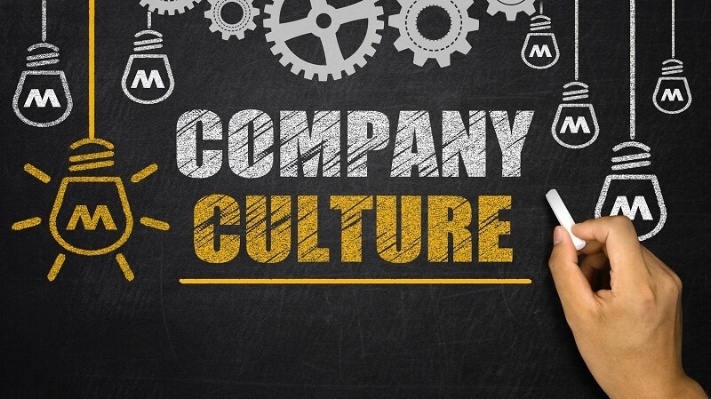Company culture, or organisational culture, is a set of values, beliefs, practices shared among all members of the organisation. It can be the company’s vision, norms, management style, or the environment, from the hiring process to the approach of decision making. Company culture is valuable and important to both the employees and the business.
Read more: Back to Basics - What is Talent Management?

Company culture, just like your fingerprints, is very unique. Your organisation’s strategies, products, marketing, etc. can be imitated but not a good company’s culture. Furthermore, if your culture is embraced by every employee, it can become your brand’s competitive edge which makes you stand out from the rest in the endeavour of acquiring quality talents.
Read more: Don't Forget or Even Ignore "What's In It For Me?"
Why having a company culture is important
A strong and positive culture not only differentiates your organisation from the rest but also create a strong foundation for building your employer’s branding. Company culture can directly impact and reflect on your employee’s behaviours.
A positive culture in which your employees can fit in can significantly increase the overall productivity. When your employees enjoy their time at the office, they feel more motivated, and as a result, their performance and productivity peaks. Furthermore, the relationships among your employees also tend to be better.
Read more: Motivation - How Does It Work for Sales?
As the productivity of your employees improved, this can lead to a higher chance of accurately predict the current and future financial performance. As the customer’s demands fluctuate, the organisation also needs to adapt to the changing demands quickly. By having a strong culture, the organisation can utilise specific cultural traits to predict the overall performance.
How does company culture affect your process of acquiring talent?
For the majority of organisations, culture is placed second to everything else. Having a strong and well-defined culture can help shape the image of your brand. And as we all know, employer branding does not limit to just making candidates aware of what positions the businesses are hiring. What’ more important is providing them with abundant information about your brand and activities, thus making them desire to work and corporate with our businesses more.
Read more: Employer Branding - Have You Paid Enough Attention to Your Brand Strategy?
In this era of social media and technology advancements, finding out about an organisation’s culture is not at all difficult. If you are in need of obtaining quality talents, you might want to rethink your game.

There are various ways the potential candidates can learn about your company and your culture:
- Company’s website: the most go-to place for candidates to get to know more about your products/ services as well as the company’s culture. A poorly built website depicts unprofessional and negative brand.
- Research via the internet: there are various websites that allow employees to rate and write reviews about their workplace, take Glassdoor as a perfect example. If the potential candidates look hard enough or they key in the correct search words, they can find out various things about your organisation.
- At the interview: your candidates are looking for a company with a culture that closely matches with their beliefs and values. Vice versa, you also want people that fit in with your culture. When it’s a match, the employees will be more likely to stick around for longer.
Read more: 3 best tactics for recruiting Millennials
Company culture depicts how you and your staff do business on the day-to-day basis and in turns can make or destroy your relationships with your customers, partners, suppliers, the media, etc.
Read more: Professionalism in the workplace - Do's and Dont's
Building and maintaining a strong culture will act as a guideline and the backbone for you to build an empire. It is the source of motivation, a platform for your subordinates to be inspired and to thrive, a powerful magnet that attracts talented individuals for business. The best people want to work with the best companies, and having the best people is one of the many crucial factors for successful business.
Like what you have read? Subscribe to TRG Newsletter to always be updated on the latest trends in Talent Management.
 English
English  Vietnamese
Vietnamese 

